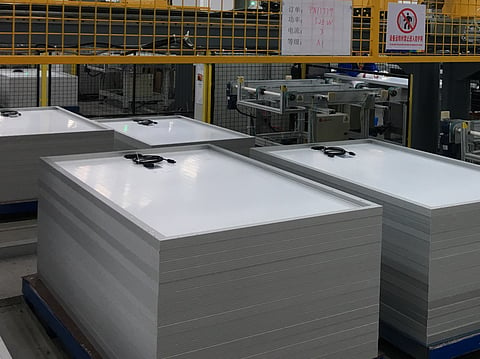

The Ministry of New and Renewable Energy (MNRE) in India has released a set of guidelines to conduct lab testing of solar PV modules. These guidelines form part of the Solar Photovoltaics Systems, Devices and Component Goods Order 2017. Lab testing is now compulsory to be registered with the Bureau of Indian Standards (BIS) (see India Approves Quality Control Policy For PV).
The order was supposed to come into effect on September 5, 2018, but the government preponed the date to April 16, 2018. Storage batteries will also be covered under the order.
These guidelines apply for testing of crystalline and thin film modules, including bifacial technology.
Manufacturers need to deliver to labs the following information: company name / monogram/symbol, model number, unique serial number, nominal wattage, year and country of origin and brand name, among other requirements.
A total of eight modules needs to be taken at random from a production batch. Different brands are required to be registered separately. The guidelines also touch upon safety qualification and requirement for testing and construction. For this purpose, seven module samples need to be supplied.
Details about the order are available on the website of MNRE.
.png?w=50&fm=png)